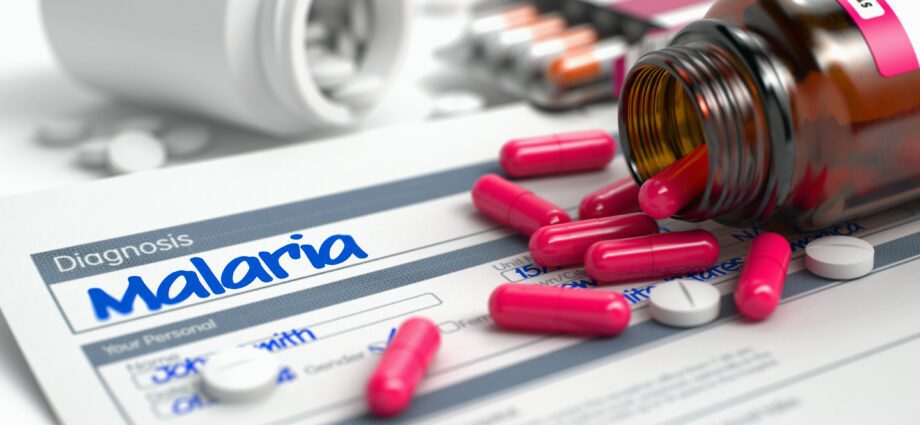Медицински третмани за маларију (маларија)
- Цхлорокуине is the cheapest and most widely used treatment for malaria. However, in many regions, especially in Africa, the parasites have become resistant to the most common drugs. This means that the drugs used are no longer effective in curing the disease;
- Certain drugs, based on artemisinin, are used intravenously and exceptionally in very severe cases.
A promising natural antimalarial.
артемисинин, a substance isolated from natural mugwort (Anniversary Artemisia) has been used for various infections in Chinese medicine for 2000 years. Chinese researchers began to take an interest in it during the Vietnam War as many Vietnamese soldiers died of malaria after sojourns in stagnant water swamps teeming with mosquitoes. However, the plant was known in certain regions of China and administered in the form of tea at the first signs of malaria. Chinese physician and naturalist Li Shizhen discovered its effectiveness in killing Plasmodium falsiparum, in the 1972th century. In XNUMX, Professor Youyou Tu isolated artemisinin, the active substance of the plant.
In the 1990s, when we observed the development of parasite resistance to conventional drugs such as chloroquine, artemisinin offered new hope in the fight against the disease. Gold, artemisinin weakens the parasite but does not always kill it. It is used first alone, then in combination with other antimalarial drugs. Unfortunately, resistance is gaining ground and since 20094, there is an increase in the resistance of П. фалципарум to artemisinin in parts of Asia. A constant struggle to renew.
See two news items on the Passeport Santé website concerning artemisinin:
https://www.passeportsante.net/fr/Actualites/Nouvelles/Fiche.aspx?doc=2003082800
https://www.passeportsante.net/fr/Actualites/Nouvelles/Fiche.aspx?doc=2004122000
Resistance to antimalarial drugs.
The emergence of drug resistance by malaria parasites is a worrying phenomenon. Not only does malaria cause a significant number of deaths, but ineffective treatment can have important consequences for the long-term elimination of the disease.
Poorly chosen or interrupted treatment prevents the parasite from being completely eliminated from the body of the infected person. Parasites that survive, less sensitive to the drug, reproduce. By very rapid genetic mechanisms, the strains of the following generations become resistant to the drug.
The same phenomenon occurs during mass drug administration programs in highly endemic areas. The doses administered are often too low to kill the parasite which subsequently develops resistance.
Malaria, when a vaccine?
No malaria vaccine is currently approved for human use. The malaria parasite is an organism with a complex life cycle and its antigens are constantly changing. Many research projects are currently underway at the international level. Among these, the most advanced is at the stage of clinical trials (phase 3) for the development of a vaccine against П. фалципарум (RTS vaccine, S / AS01) targeting babies 6-14 weeks2. Results are expected to be released in 2014.










